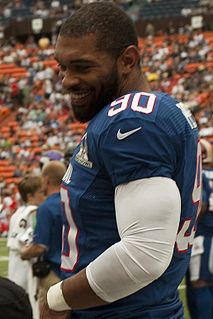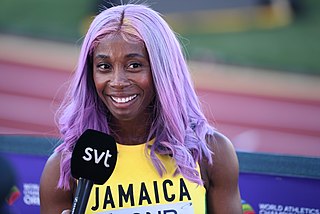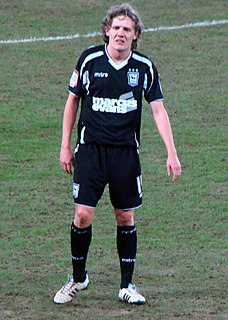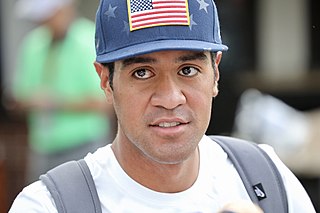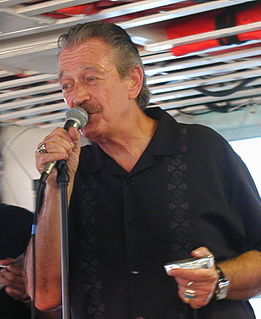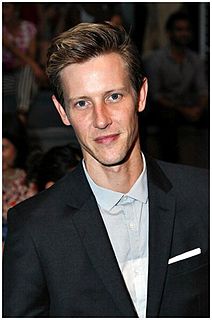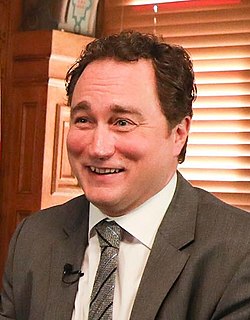A Quote by Julius Peppers
You think about it sometimes. I try not to think about it too much. You think about you can't play forever.
Related Quotes
Think about all the great leaders. Think about Obama. Think about Clinton. Think about Nelson Mandela. Think about all the people that we know who are very successful in business, in politics and religion. What are they? They tell purposeful stories. They move people to action by aiming at the heart.
